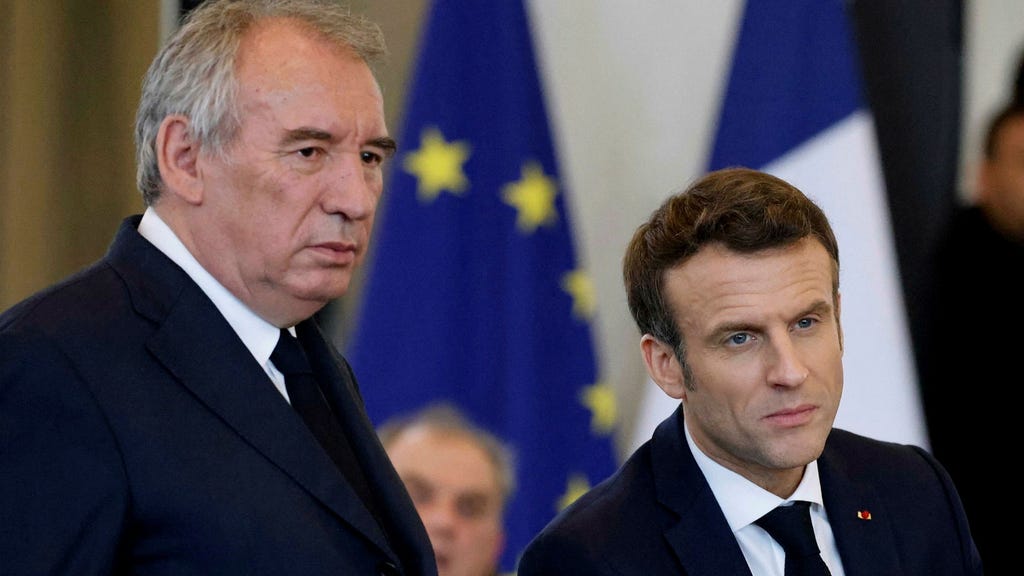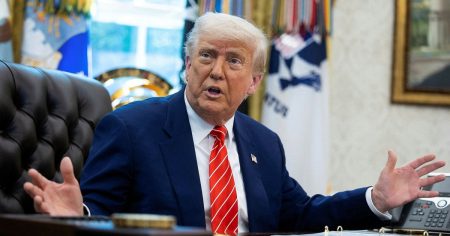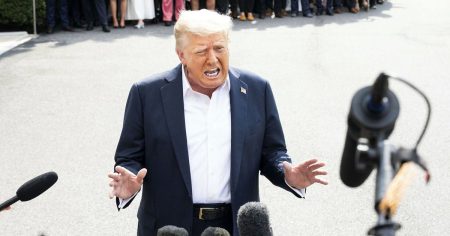The Political Landscape in France: A Deep Dive into the Potential Premiership of François Bayrou
The French political scene is abuzz with speculation and anticipation as President Emmanuel Macron prepares to appoint a new Prime Minister following the recent downfall of the government led by Michel Barnier. The opposition’s successful no-confidence vote against Barnier has created a power vacuum, and all eyes are on François Bayrou, the leader of the centrist Democratic Movement (Modem) party, as a frontrunner for the coveted position. Bayrou’s potential appointment carries significant weight, not only due to his political experience and alliance with Macron but also because of the immediate challenges facing the new Prime Minister, including crafting a crucial interim budget.
François Bayrou’s political journey has been marked by both successes and controversies. A seasoned politician, Bayrou has been a prominent figure in French politics for several decades. He has contested the presidential elections three times, most recently in 2012. While he didn’t run in 2017, he threw his support behind Emmanuel Macron, a move that proved instrumental in Macron’s victory. Bayrou’s subsequent appointment as Justice Minister was short-lived, marred by allegations of misuse of public funds against his party, leading to his resignation within a month. Despite this setback, Bayrou remains a significant political force, primarily due to his leadership of Modem, a party he founded in 2007 and which has been a key ally of Macron’s party. His deep-rooted political connections and experience make him a strong contender for the premiership.
The political dynamics surrounding Bayrou’s potential appointment are complex and multifaceted. His relationship with Macron, while currently strong, has seen its share of ups and downs. The phone conversation between the two leaders on Thursday evening underscores the ongoing discussions and negotiations surrounding the premiership. The timing of this conversation, just before Macron’s expected announcement, suggests that Bayrou is a serious contender for the position. The potential appointment is not without its critics, who point to the allegations that forced Bayrou’s resignation from the Justice Ministry. However, his supporters argue that his experience and political acumen make him well-suited to navigate the current political landscape and address the pressing economic challenges facing France.
The immediate task awaiting the new Prime Minister will be formulating a temporary budget to steer the French economy until a long-term budget can be established next year. This interim budget will be crucial in addressing immediate economic concerns and laying the groundwork for future economic stability. The task requires a delicate balance of fiscal prudence and strategic investment, a challenge that Bayrou, with his experience as mayor of Pau and his understanding of national economic issues, is arguably equipped to handle. The budget will need to address various sectors, including healthcare, education, and infrastructure, while also considering the broader economic context of the European Union and the global economy. Furthermore, the interim budget will serve as a crucial indicator of the new government’s economic priorities and will set the tone for the long-term budget discussions to follow.
The broader implications of Bayrou’s potential appointment extend beyond the immediate budgetary concerns. His political positioning as a centrist figure could influence the government’s overall policy direction, potentially leading to a more moderate approach compared to a more right-leaning or left-leaning Prime Minister. This could have significant ramifications for various policy areas, including social welfare, environmental regulations, and international relations. Furthermore, Bayrou’s appointment could impact the political alliances and dynamics within the French government and the broader European political landscape. His relationship with other political parties and his ability to build consensus will be crucial in shaping the government’s effectiveness and its ability to implement its agenda.
In conclusion, François Bayrou’s potential appointment as Prime Minister marks a critical juncture in French politics. His experience, political alliances, and economic expertise make him a strong contender for the position. The immediate challenge of formulating an interim budget will test his leadership and set the tone for the government’s economic policy. The broader implications of his appointment, including its impact on policy direction and political alliances, remain to be seen. The political landscape in France is currently in a state of flux, and Bayrou’s potential premiership could significantly shape the country’s trajectory in the coming months and years. The coming days will be crucial in determining the future direction of French politics and the role Bayrou will play in shaping it.














